The Interplay of Science, Philosophy, and Theology in Understanding Our Universe
Written on
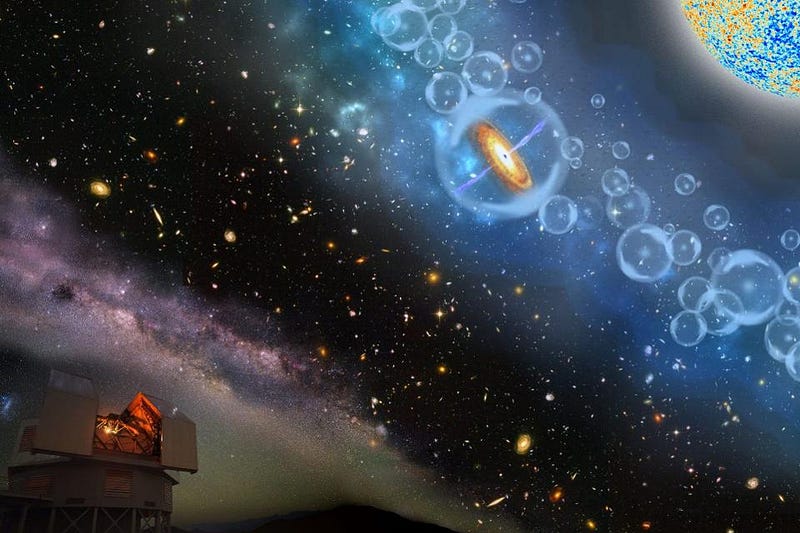
No matter how far we've explored the cosmos, there remain profound questions about our existence. For millennia, humanity grappled with fundamental inquiries regarding our origins, the composition of matter, and the vastness of the universe. These topics were traditionally the domain of philosophers, theologians, and poets.
In recent centuries, however, we have made significant strides in understanding these mysteries through scientific inquiry. By conducting experiments and making observations, we've gathered substantial knowledge, allowing us to move beyond mere speculation. Nonetheless, philosophy and religion will always hold relevance alongside science, and here's why.
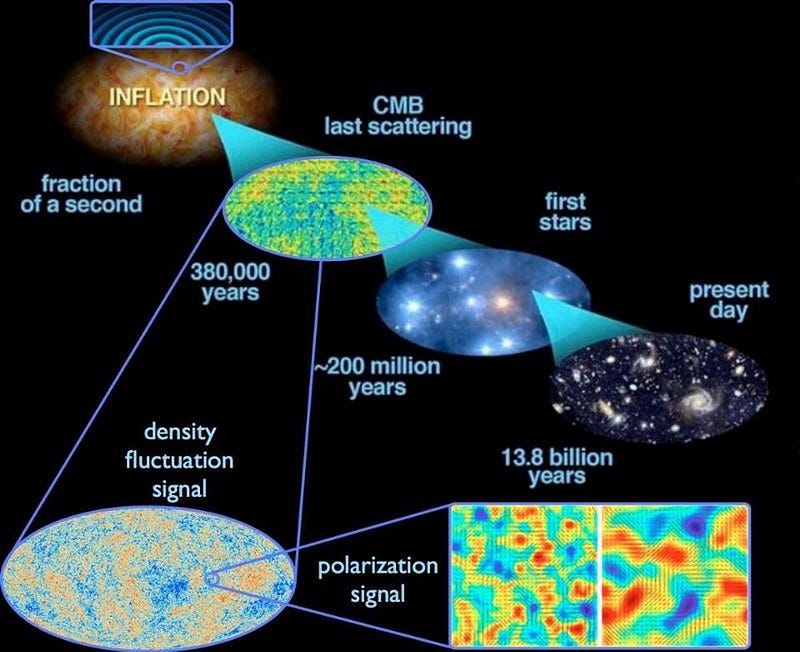
Science is often thought of in two ways:
- It encompasses the entirety of our established knowledge about the universe, derived from countless experiments, measurements, and observations. This body of facts includes theories and models that explain universal phenomena.
- It represents the ongoing process of inquiry through which we expand our understanding. Scientific exploration is an evolving endeavor, revealing new truths as we hypothesize, experiment, and draw conclusions.
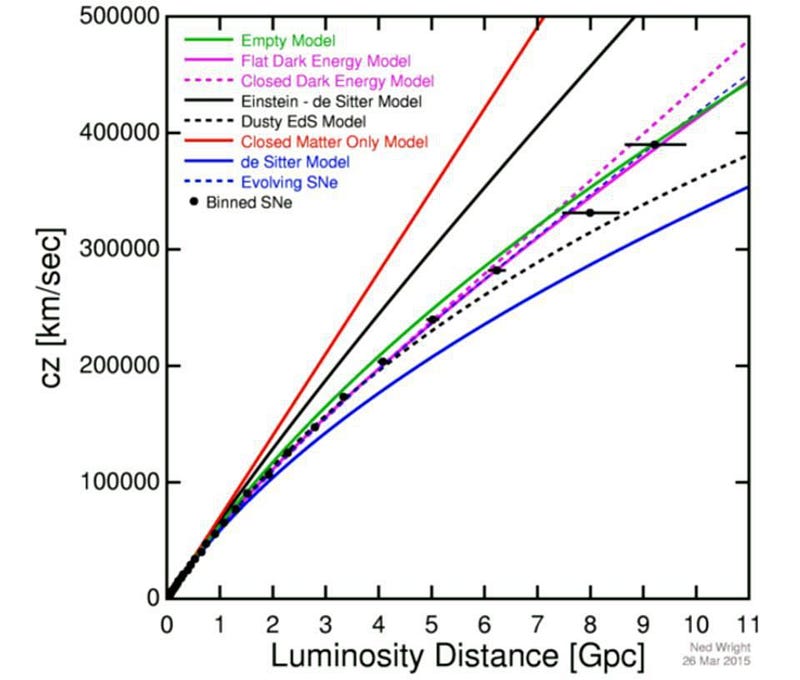
Despite the vast knowledge science has provided, it does not encompass everything. Each scientific theory, no matter how well-supported, has limits. For instance:
- Evolution explains how traits are inherited but does not address the origin of life.
- The Big Bang describes the universe's early state but not its genesis.
- General Relativity elucidates gravity's effects but cannot explain singularities within black holes.
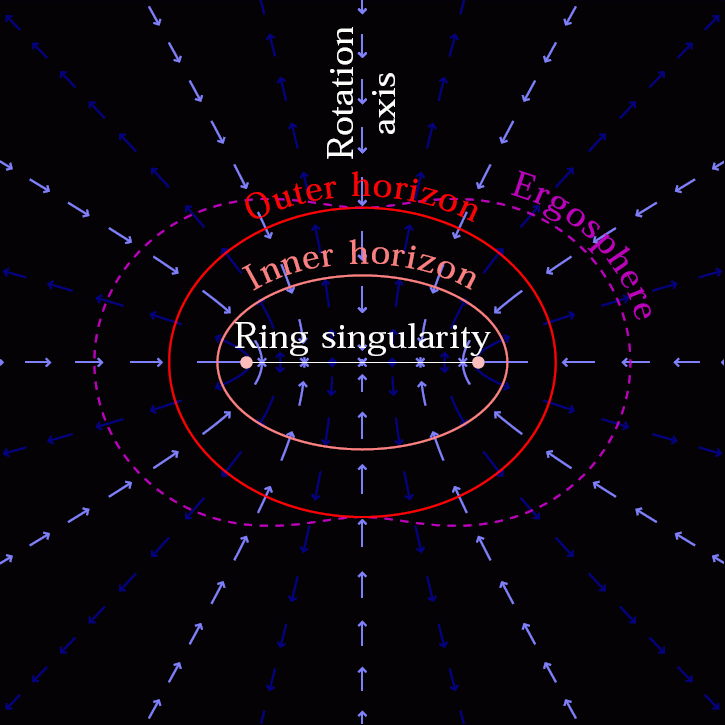
In essence, while our scientific knowledge expands, there will always be realms beyond its reach. Questions remain that are yet to fall under the umbrella of science. Many contemporary enigmas, such as the origins of life, the nature of dark matter, and the quest for extraterrestrial intelligence, remain inadequately understood.
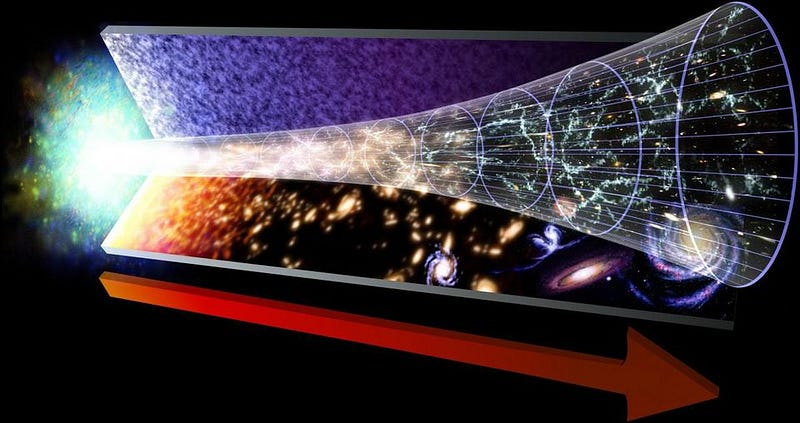
Theology addresses existential queries related to purpose and morality. Regardless of one's beliefs, theology grapples with "why" questions—those that delve into meaning and ethics, often beyond empirical verification.
In contrast, science focuses on "how" questions, seeking to explain natural phenomena and predict outcomes based on known conditions. While science illuminates the workings of the universe, theology contemplates the deeper significance of existence.
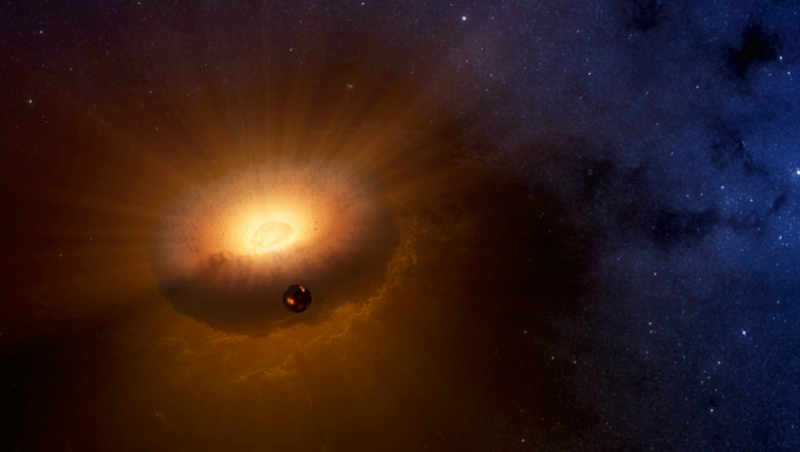
While numerous theological questions have transitioned into the scientific realm—like the formation of Earth and the evolution of life—philosophy occupies the space between these fields. It delves into inquiries that evade definitive scientific answers, employing logic and reason as its tools.
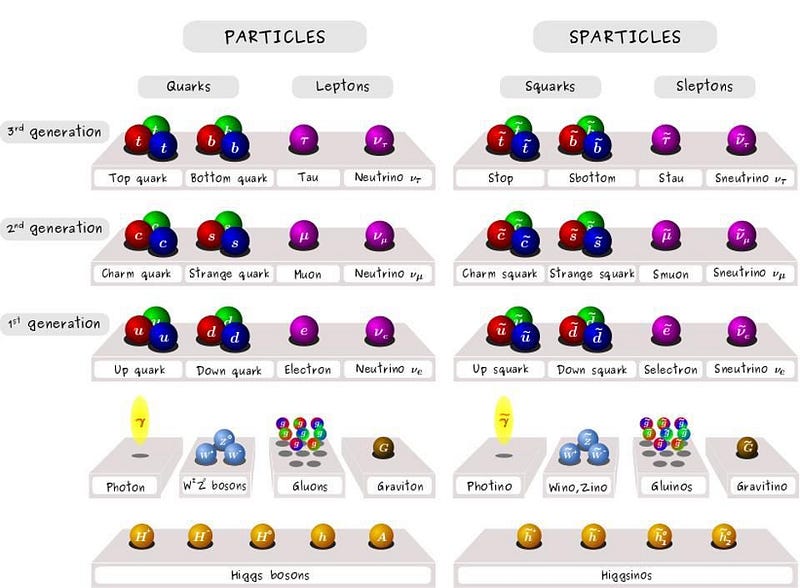
Philosophy serves as a battleground for grappling with questions that lie at the intersection of science and theology. It seeks to explore inquiries that science hasn't yet tackled, using rational thought to navigate the unknown. Topics like consciousness, the universe's purpose, and the nature of reality are prime examples of philosophical pursuits.
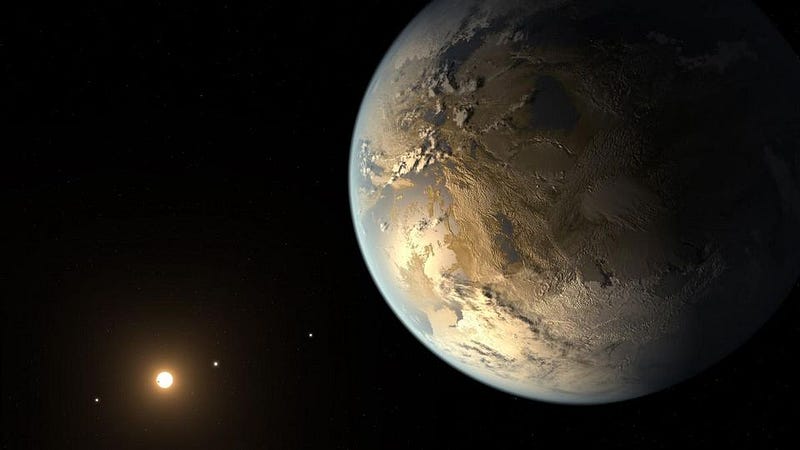
The ultimate aspiration in questioning should be to uncover scientific truths. Should we succeed in creating life from non-life or finding ways to test theoretical models against observable data, we can draw meaningful conclusions.
Until then, we must acknowledge our limitations. Our scientific theories hold validity only within certain parameters; beyond them, uncertainty prevails. Philosophical inquiry allows us to probe speculative ideas, ruling out those that contradict established logic, even in the absence of concrete evidence.
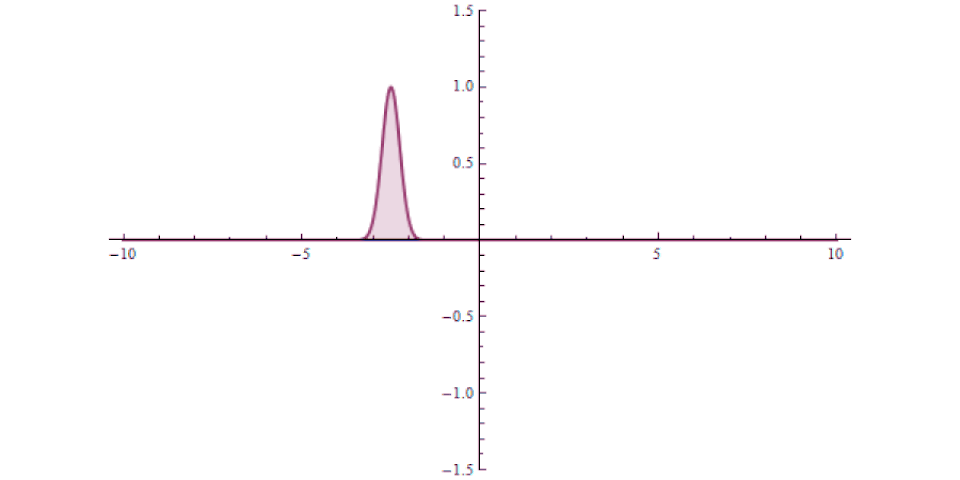
Despite the growth of our scientific understanding, questions will invariably surpass what science can presently elucidate. The finite nature of observable particles and information guarantees that our knowledge will always be limited. Philosophy will continue to provide a necessary framework for exploring the unknown.
Yet, it is essential to recognize that not all philosophical musings at the frontier are valuable. Philosophy ignorant of scientific principles risks leading thinkers astray. For those curious about the mysteries of existence, philosophy will remain an essential tool until science progresses further.
Starts With A Bang is now on Forbes, and republished on Medium on a 7-day delay. Ethan has authored two books, Beyond The Galaxy, and Treknology: The Science of Star Trek from Tricorders to Warp Drive.